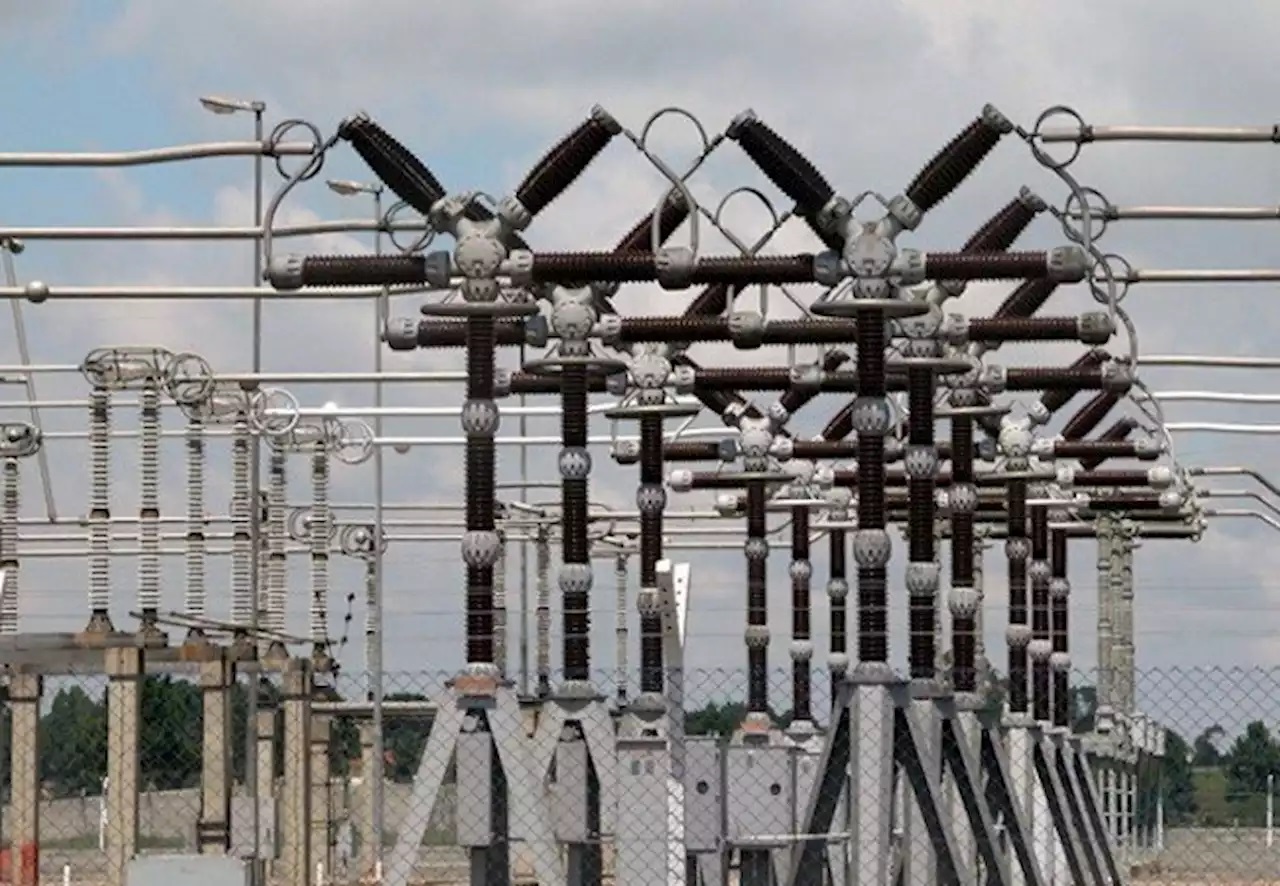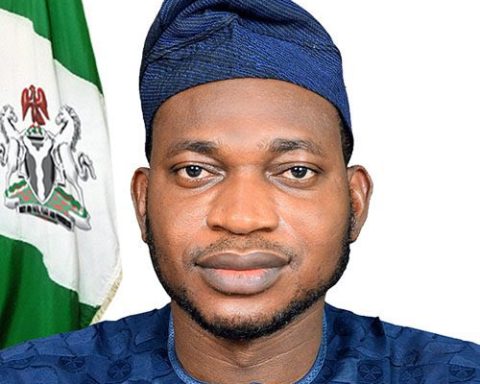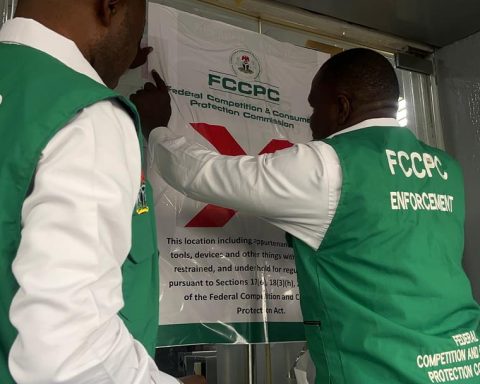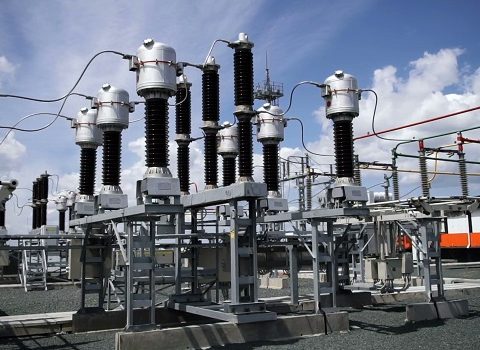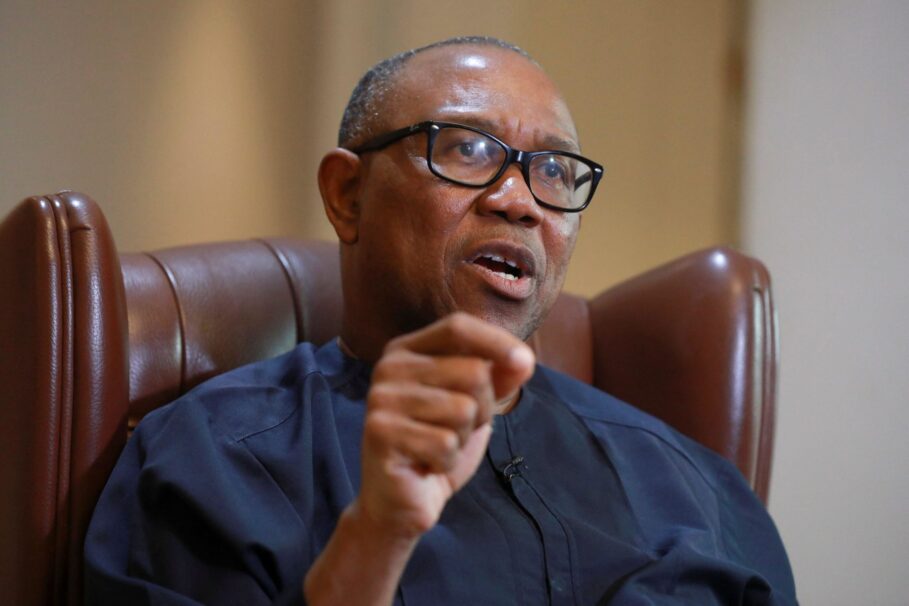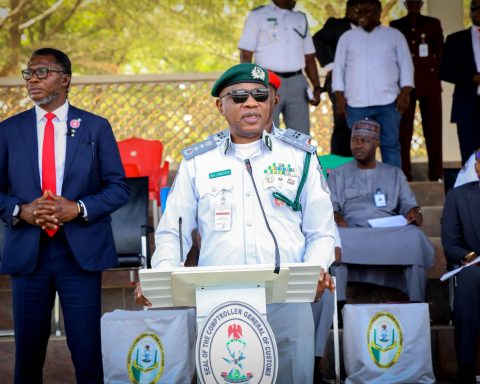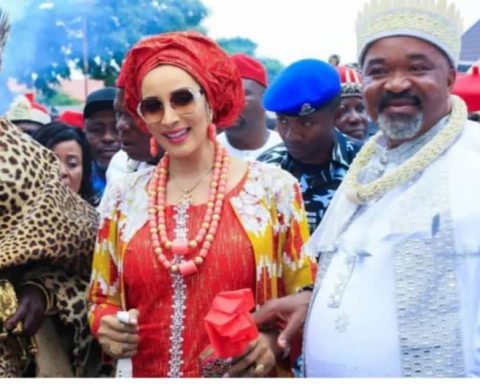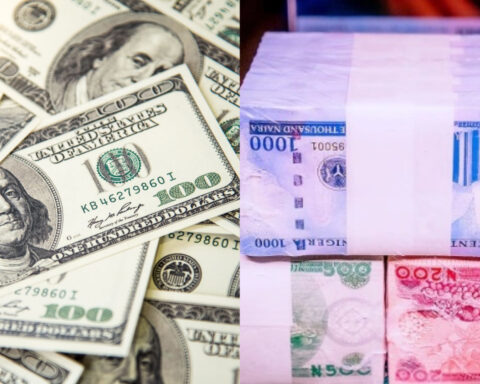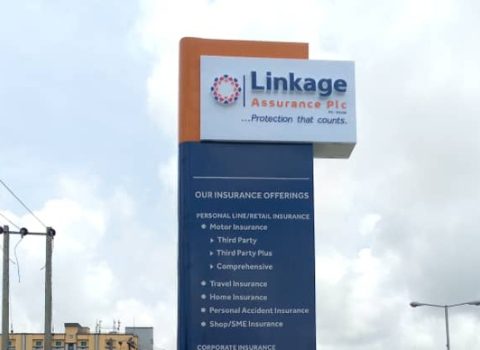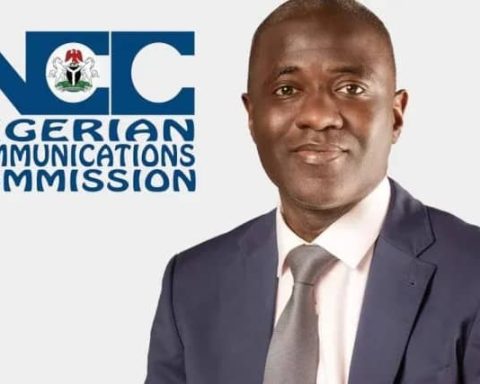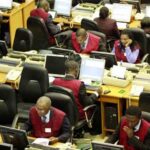The Nigerian government incurred an electricity subsidy obligation of ₦380 billion in the second quarter (Q2) of 2024.
This was revealed in the Q2 report of the Nigerian Electricity Regulatory Commission’s quarterly released on Thursday.
Join our WhatsApp ChannelAccording to the report the electricity subsidy bill stood at ₦253.24 billion in Q2, reflecting 40 per cent drop from ₦633.3 billion recorded in Q1 2024.
NERC said the federal government incurred the subsidy obligation because of the absence of cost-reflective tariffs across all DisCos.
The electricity regulator said: “It is important to note that due to the absence of cost-reflective tariffs across all DisCos, the Government incurred a subsidy obligation of ₦380.06 billion (52.51% of total NBET invoice) in 2024/Q2 (average of ₦126.69 billion per month).
“Between 2024/Q1 and 2024/Q2, the subsidy obligation of the government reduced by – ₦253.24 billion, from ₦633.30 billion (90.57% of total GenCo invoice) to ₦380.06 billion (52.51% of total GenCo invoice).
On the reason for decrease in electricity subsidy bill, NERC explained that it was due to the directive by the Government to DisCos to implement upward reviews of tariffs charged to Band A customers.
“The significant decrease in the subsidy obligation of the FGN is a result of the policy directive of the Government to implement reviews of tariffs charged to Band A customers while the tariffs for Band B-E customers remain frozen at the rates payable since December 2022.”
Prime Business Africa recalls that in April, the federal government had through the Nigeria Electricity Regulatory Commission ordered the 11 DisCos across the country to increase electricity tariff for Band A customers from N66 per kilowatt hour to N225kwh. This is effectively removes subsidy for consumers in Band A. Consumers in this band are entitled to not less than 20-hour electricity supply on daily basis.
READ ALSO: Power Generation Hits 3-year High At 5,313MW
The commission noted that the subsidy only applies to the generation cost that DisCos have to pay to NBET at source in the form of a DisCo’s Remittance Obligation (DRO) in order to facilitate administration.
DisCos Revenue Rises to N431.16bn
According to the NERC report, the total revenue collected by all DisCos in Q2 2024 was ₦431.16 billion out of the ₦543.64 billion that was billed to customers, reflecting a collection efficiency of 79.31%. It shows a modest increase of 0.20 percentage points compared to the previous quarter’s 79.11% efficiency.
As contained in the report, Ikeja and Eko DisCos recorded the highest collection efficiencies of 94.67% and 88.03% respectively, while Yola DisCo recorded the lowest collection efficiency of 55.67%.
“A comparison of DisCos performance in 2024/Q1 and 2024/Q2 showed that six (6) DisCos recorded improvements in collection efficiency in 2024/Q2 when compared to 2024/Q1 with Yola DisCo recording the highest increase of +12.64pp. Conversely, five (5) DisCos recorded declines in collection efficiency with aduna having the most significant decrease (-10.04pp) during the period,” the NERC report indicated.
Victor Ezeja is a passionate journalist with seven years of experience writing on economy, politics and energy. He holds a Master's degree in Mass Communication.


